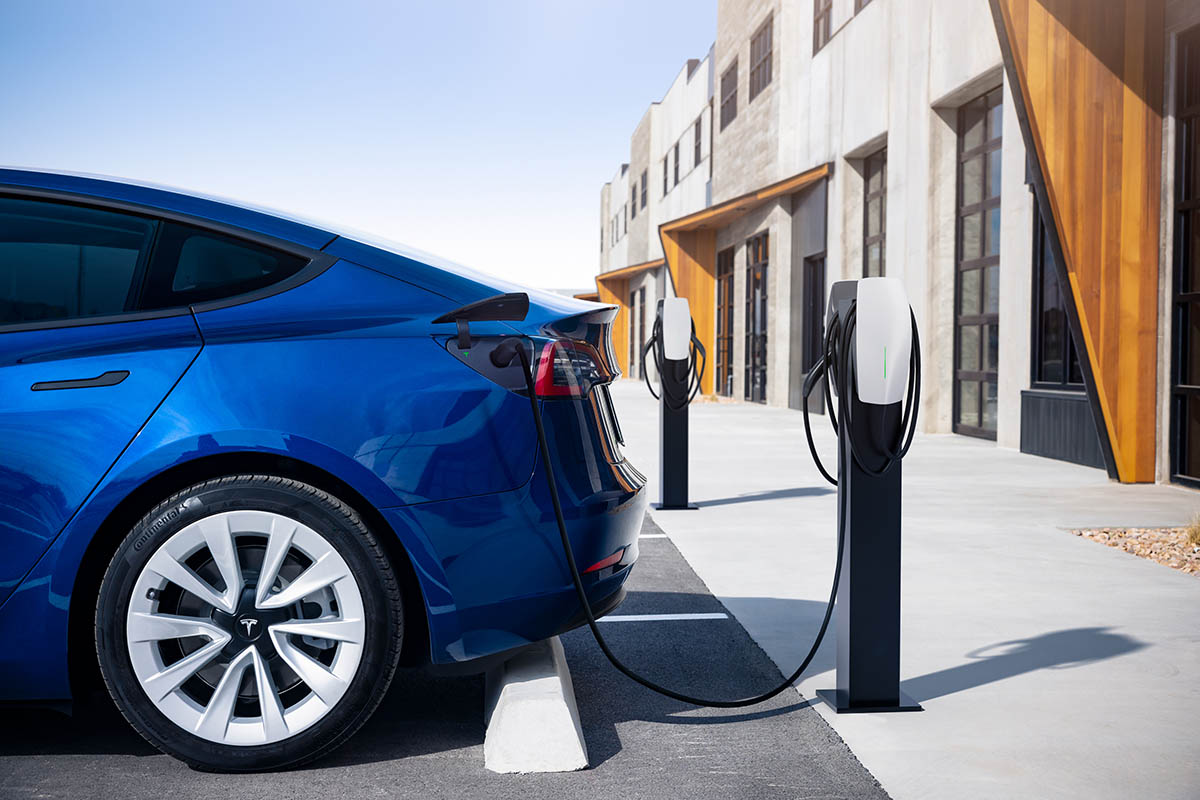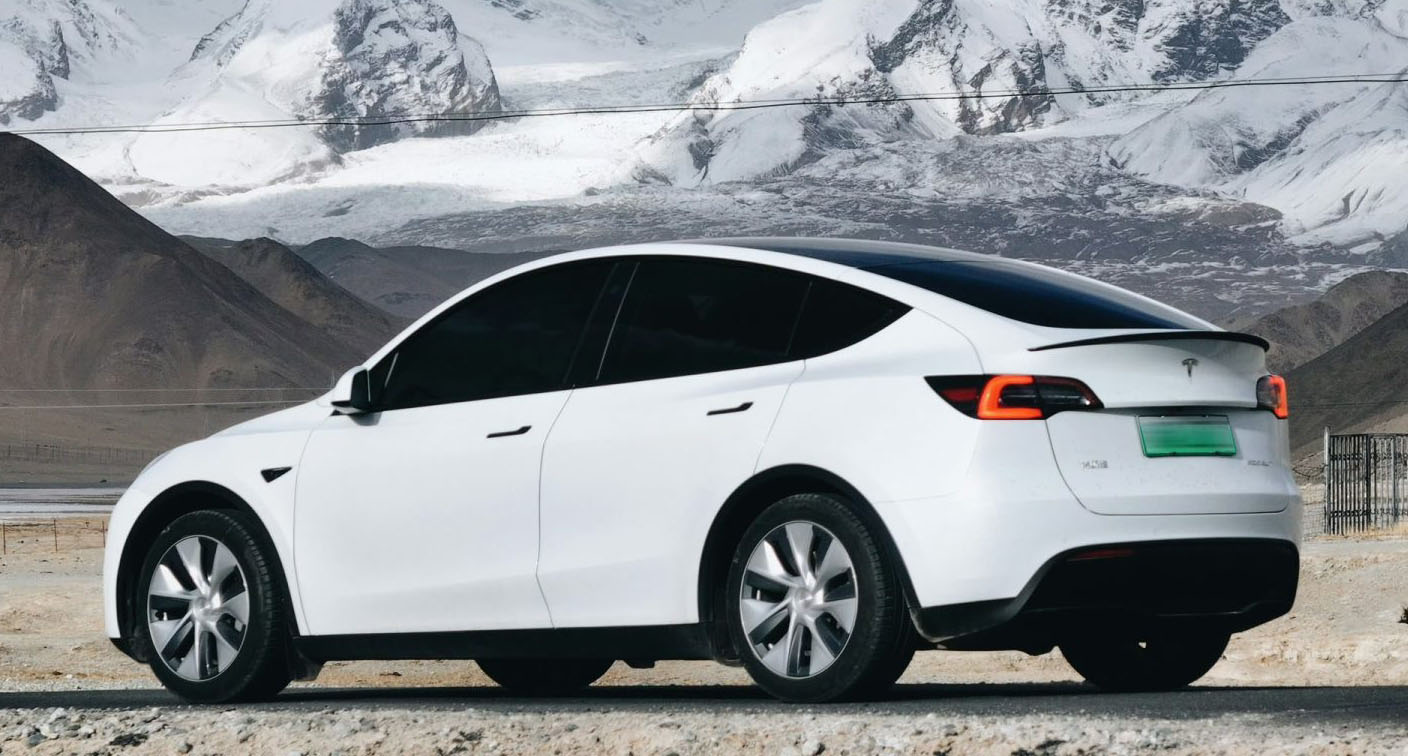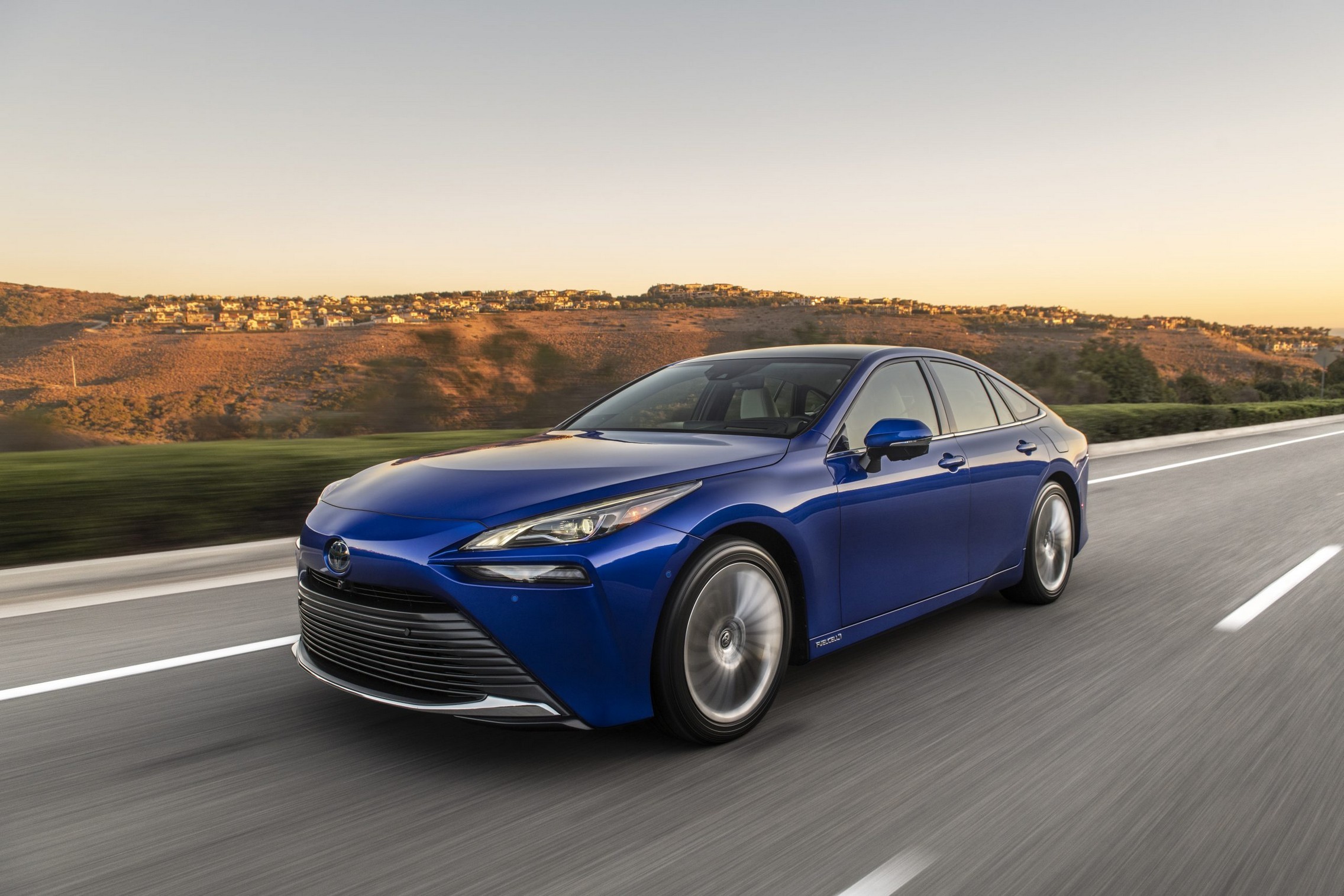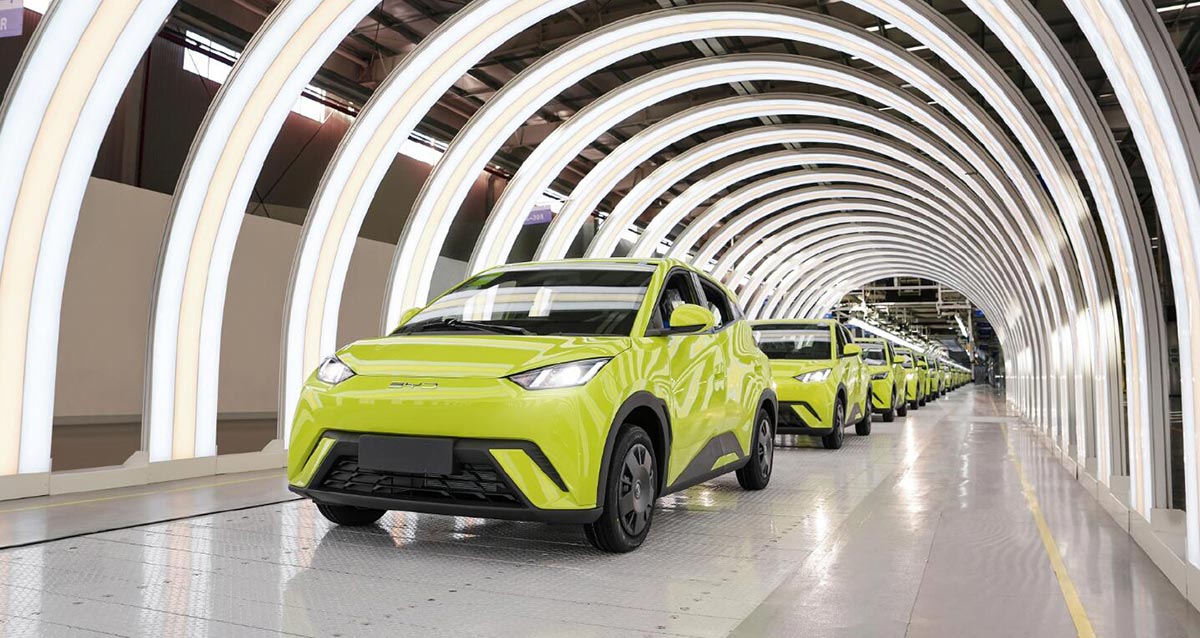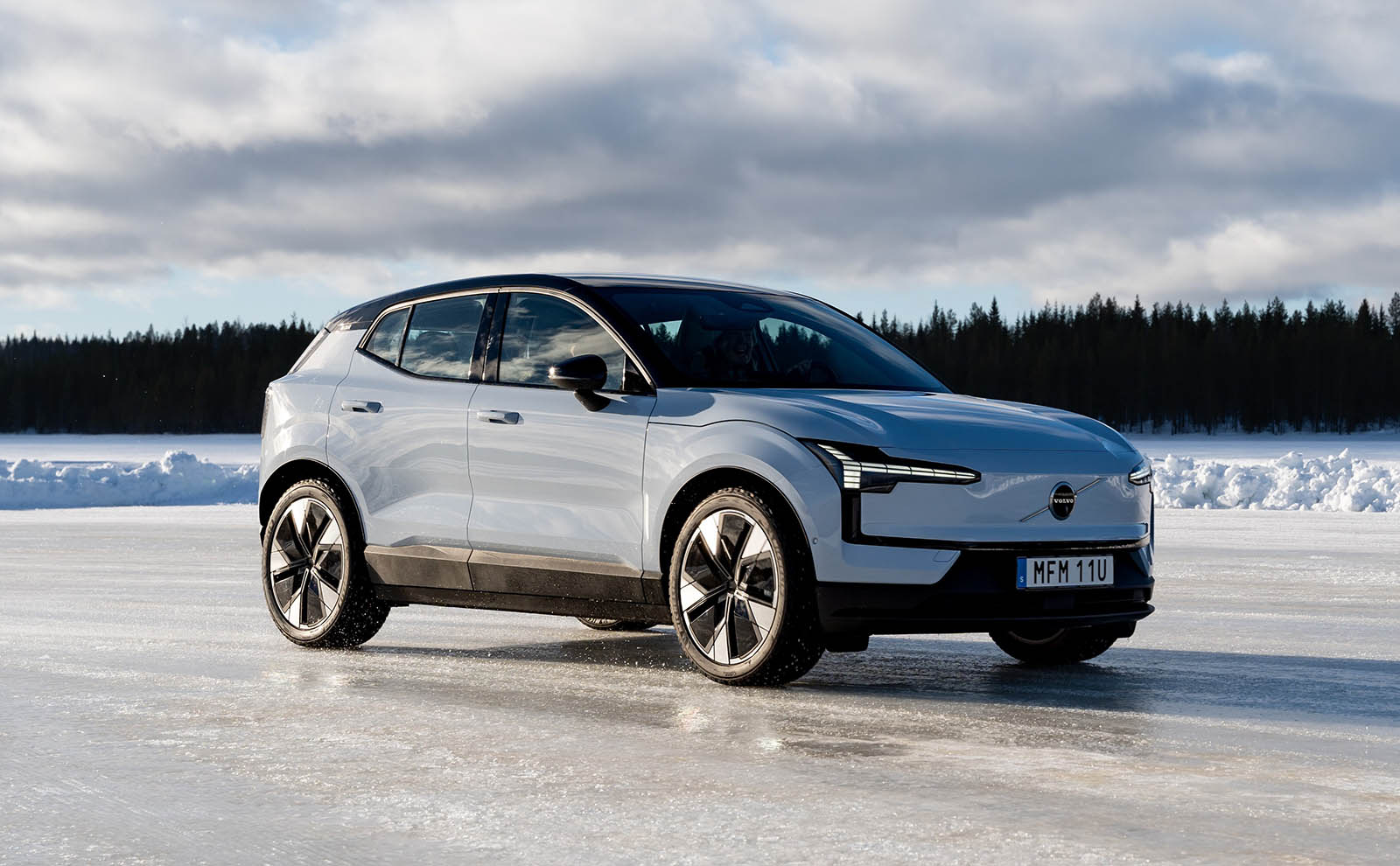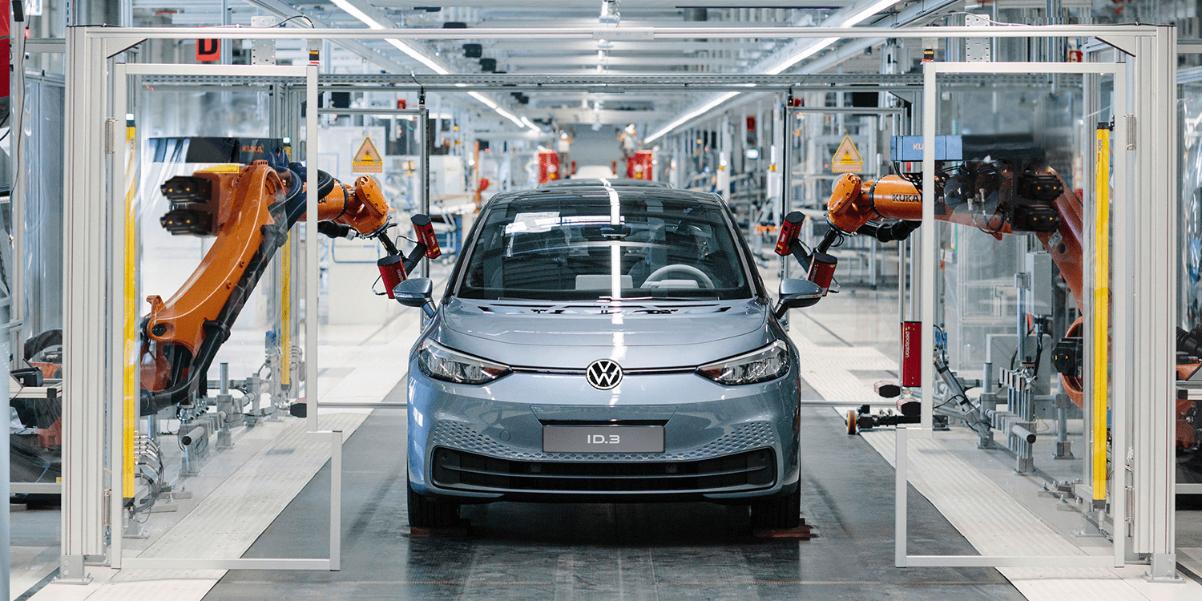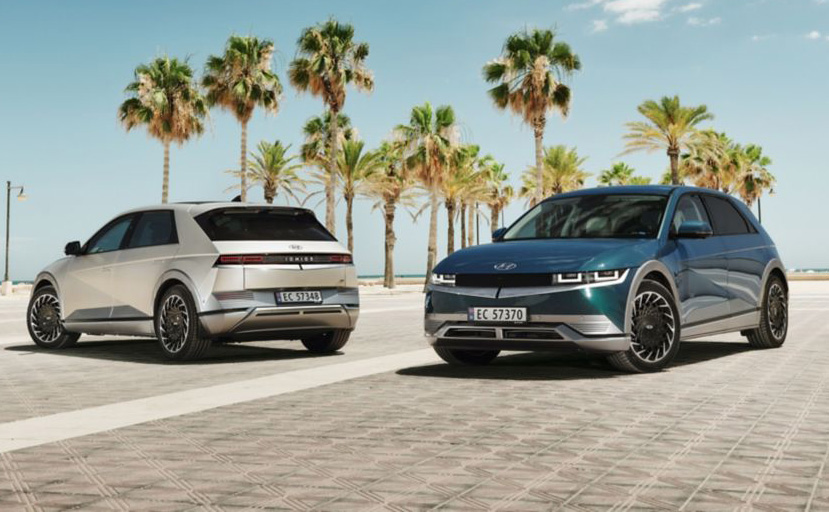Sales of battery-electric vehicles (BEVs) and plug-in hybrid electric vehicles (PHEVs) are experiencing robust growth in Canada, surpassing the United States, buoyed by provincial incentives in Quebec and British Columbia.
According to analysis by S&P Global comparing EV and PHEV sales data from January to April across 2022, 2023, and 2024, Canada has seen a significant acceleration in registrations this year. BEV registrations have surged by 57% compared to 2023, while PHEV registrations have soared by 75% during the same period in 2024.
In contrast, growth in the U.S. has slowed notably. While BEV registrations showed a substantial increase from January to April 2023, rising by approximately 137,000 units compared to the same period in 2022, the growth in 2024 has been more modest, with an increase of about 25,000 units.
Analysts attribute Canada’s accelerated adoption of EVs and PHEVs to provincial incentives, particularly Quebec’s and British Columbia’s rebate programs. Under Canada’s Incentive for Zero-Emission Vehicles (iZEV), buyers and lessees can receive rebates of up to CA$5,000 (~$3,600). Quebec offers additional incentives, providing up to CA$7,000 (~$5,100) for BEV purchases and CA$5,000 (~$3,600) for PHEV purchases, with plans to phase out the program by 2027.
Quebec has emerged as a leader in EV adoption, accounting for 50.6% of all BEV registrations from January to April 2024, followed by British Columbia with 20.6% and Ontario with 22.5%. In British Columbia, rebates of up to CA$4,000 (~$2,900) for BEVs and CA$2,000 (~$1,450) for PHEVs further incentivize adoption, while Ontario relies solely on the national incentive program.
Meanwhile, in the United States, California remains pivotal, constituting 34% of all BEV registrations nationwide. Known for its stringent emissions regulations and state-level incentives, California is one of 15 states offering additional EV incentives alongside federal support.

